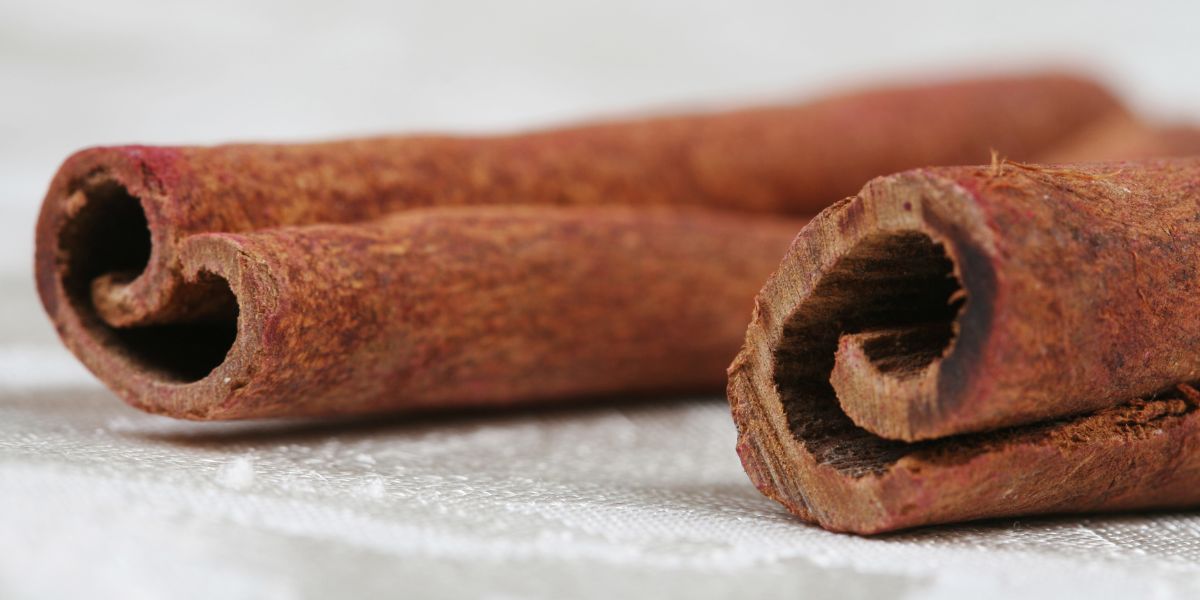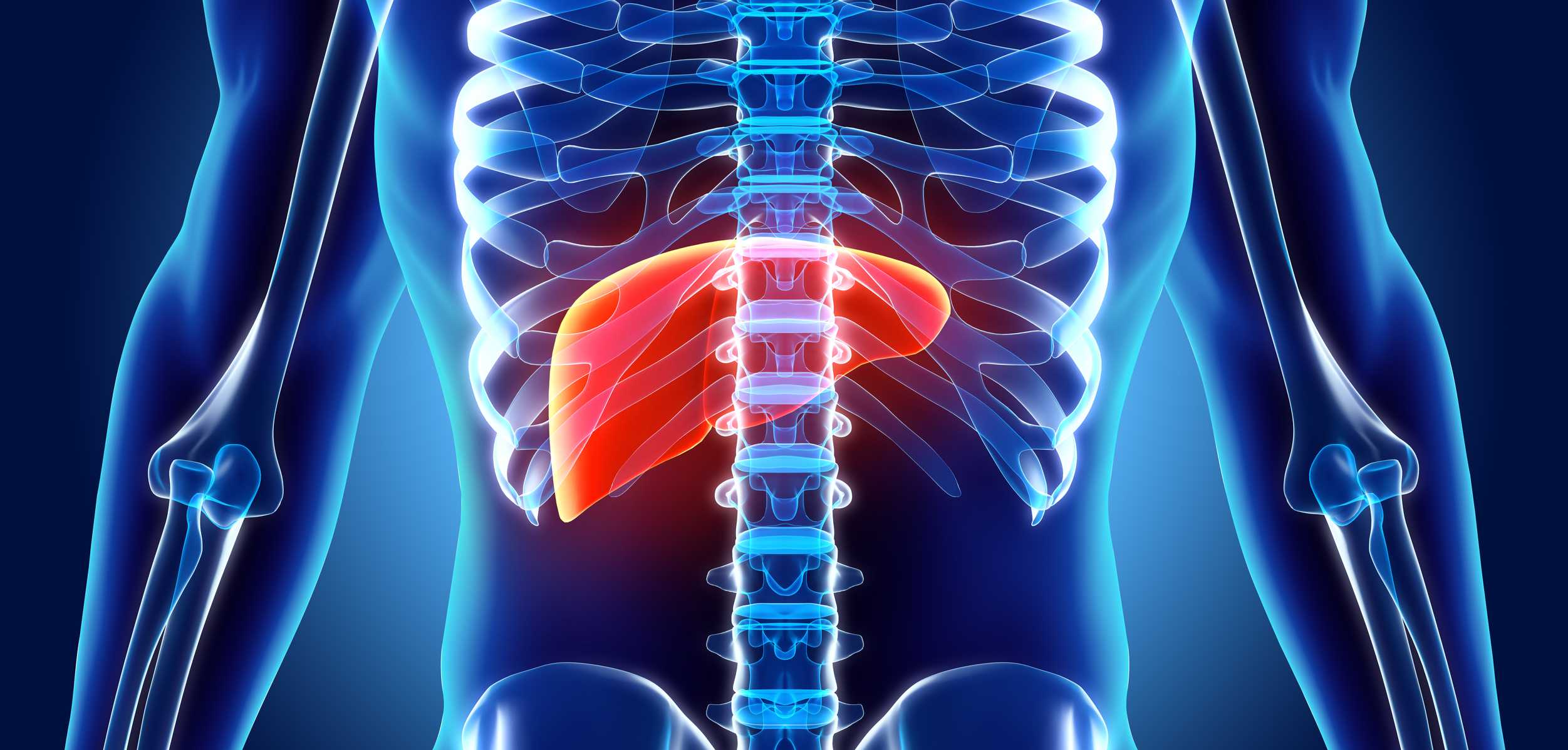Cinnamon is a sweet but pungent spice that is derived from the inner bark of the branches of wild cinnamon trees, which grow in tropical areas across Southeast Asia, South America and the Caribbean.
The use of cinnamon dates back thousands of years and was highly prized among many ancient civilisations.
Cinnamon, often used in cooking and baking, is increasingly being linked to improvements in the treatment of conditions such as diabetes mellitus.
Research has suggested that cinnamon can help to improve blood glucose levels and increase insulin sensitivity.
How does cinnamon affect diabetes?
Results from a clinical study published in the Diabetes Care journal in 2003 suggest that cassia cinnamon (cinnamon bark) improves blood glucose and cholesterol levels in people with type 2 diabetes, and may reduce risk factors associated with diabetes and cardiovascular disease. [71]
A daily intake of just 1, 3, or 6 grams was shown to reduce serum glucose, triglyceride, LDL or bad cholesterol and total cholesterol after 40 days among 60 middle-aged diabetics.
Another study reported in the July 2000 edition of Agricultural Research Magazine found that consuming just 1g of cinnamon per day can increase insulin sensitivity and help manage or reverse type 2 diabetes [72]
In addition, more recent analysis published in 2007 in The American Journal of Clinical Nutrition showed that 6g of cinnamon slows stomach emptying and significantly reduces hyperglycemia after meals ( postprandial blood glucose ) without affecting satiety.
As a result of the scientific evidence available, many health experts claim that cinnamon contains properties that are beneficial for blood sugar regulation and treatment of type 2 diabetes.
However, bear in mind that like many natural compounds cinnamon is yet to be medically approved for prevention or treatment of any disease.
What are the health benefits of cinnamon?
In addition to regulating blood glucose and lowering cholesterol, cinnamon has been shown to:
- Have an anti-clotting effect on the blood
- Relieve pain in arthritis sufferers
- Boost the body’s immune system
- Stop medication-resistant yeast infections
- Help in relieving indigestion
- Reduce the proliferation of leukaemia and lymphoma cancer cells
- Preserve food by inhibiting bacterial growth and food spoilage
- Be a great source of vital nutrients, including calcium, fibre, managanese and iron
The majority of these health benefits are associated with use of true cinnamon (also known as Ceylon cinnamon) and not cassia bark cinnamon, which is the species involved in most diabetes research.
From where can I buy cinnamon?
In the UK, cinnamon is sold in many forms, including cinnamon sticks, powder, tea, oil and tablet supplements (cinnamon extract). These products can be found in most health stores and Asian food shops, as well as in larger supermarkets.
Caution
If you’re planning on using cinnamon supplements or making dietary changes, consult with your doctor or healthcare team first.





